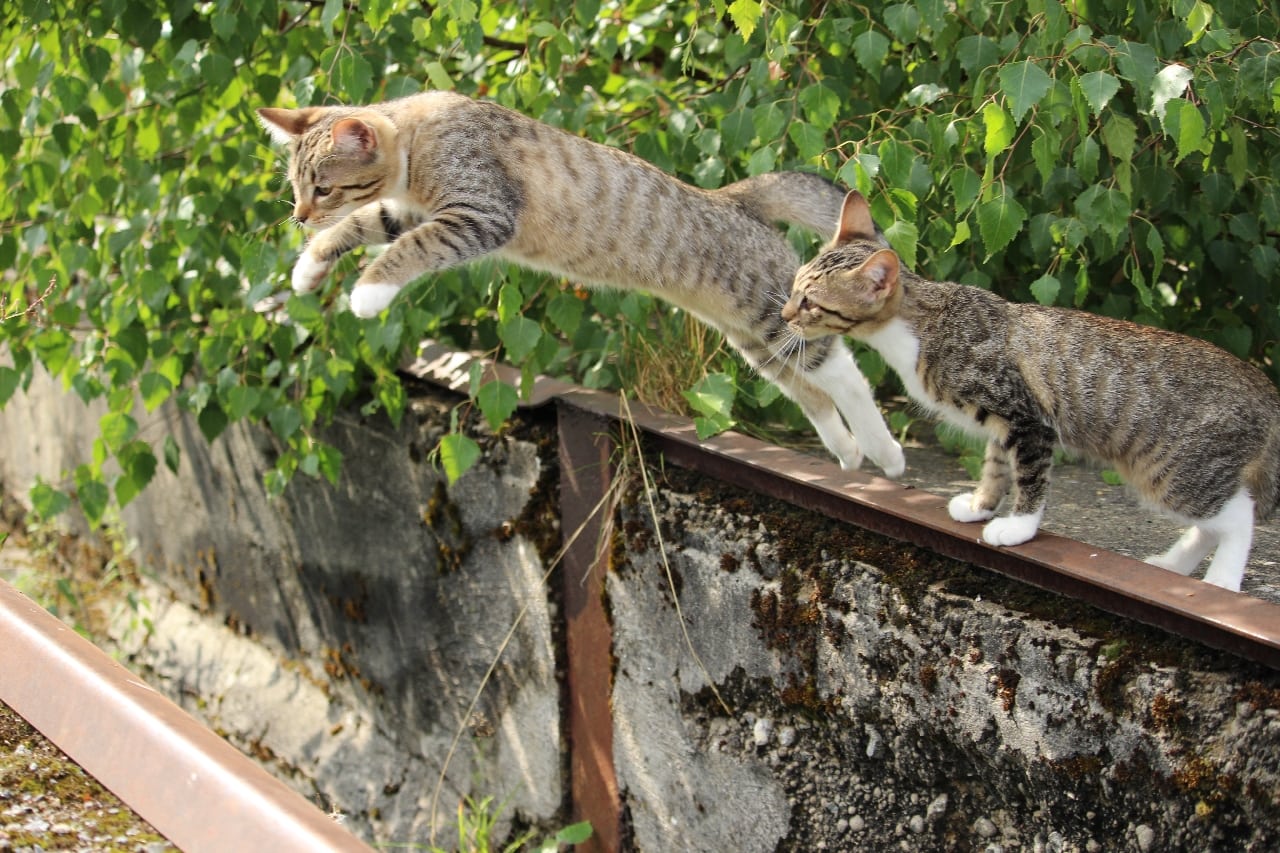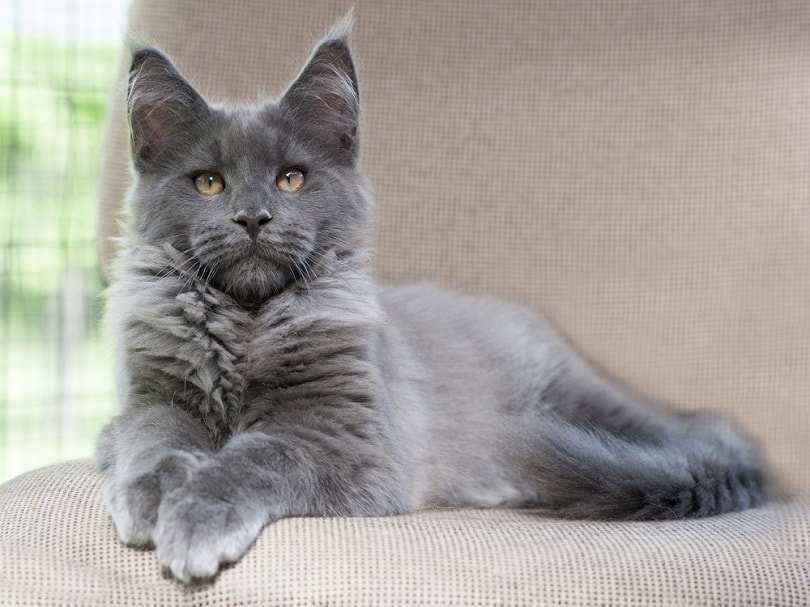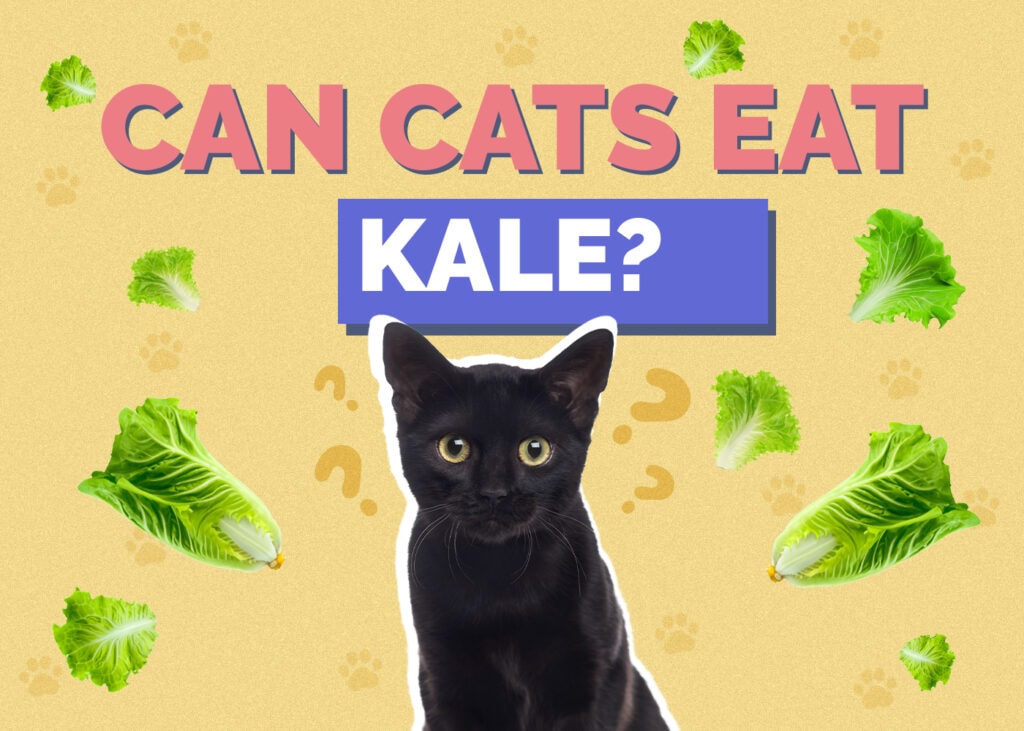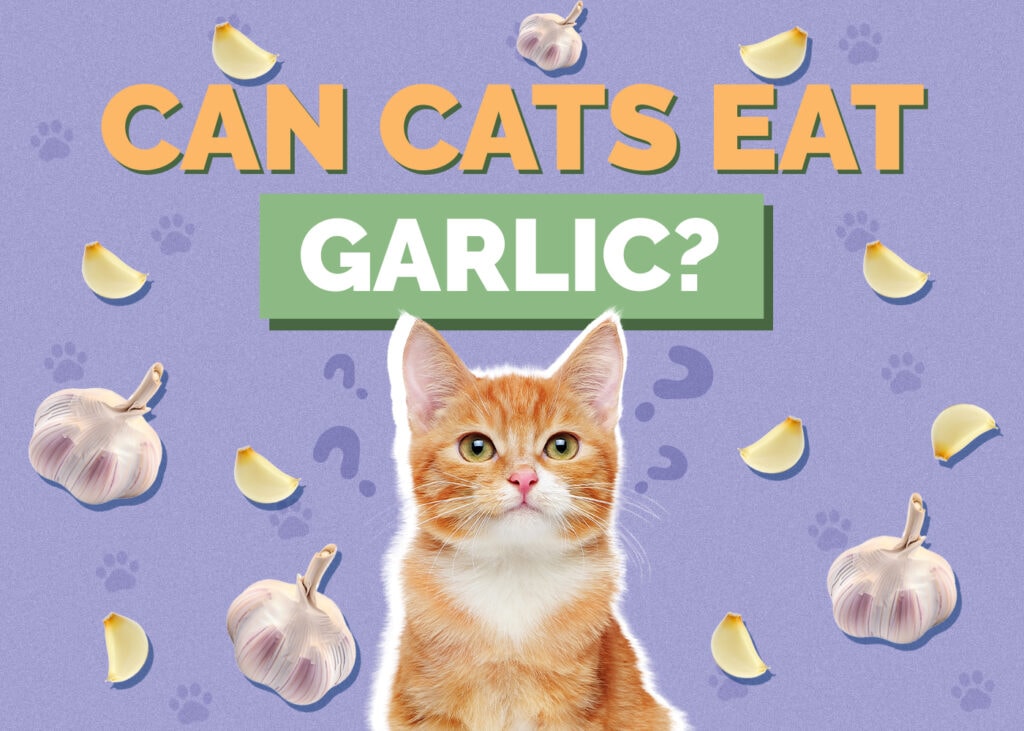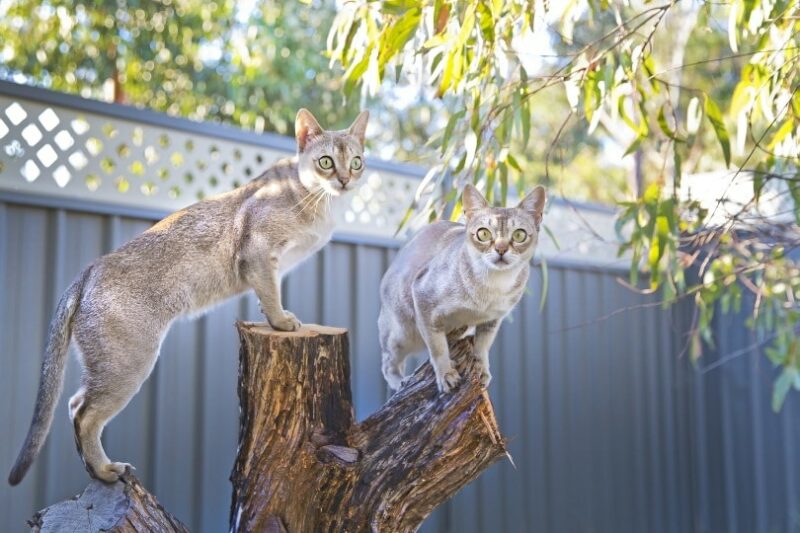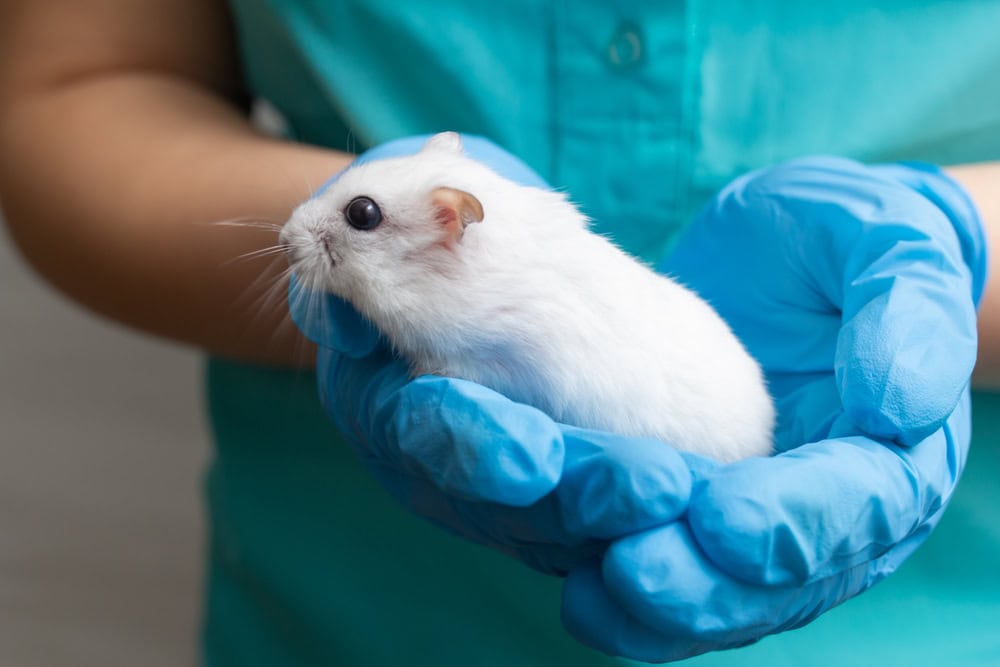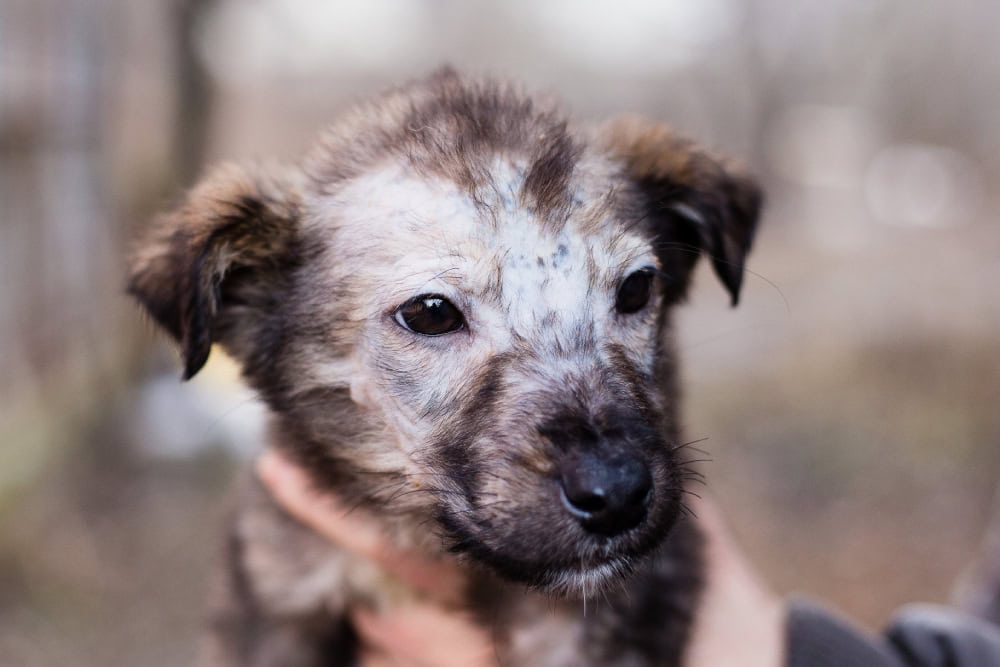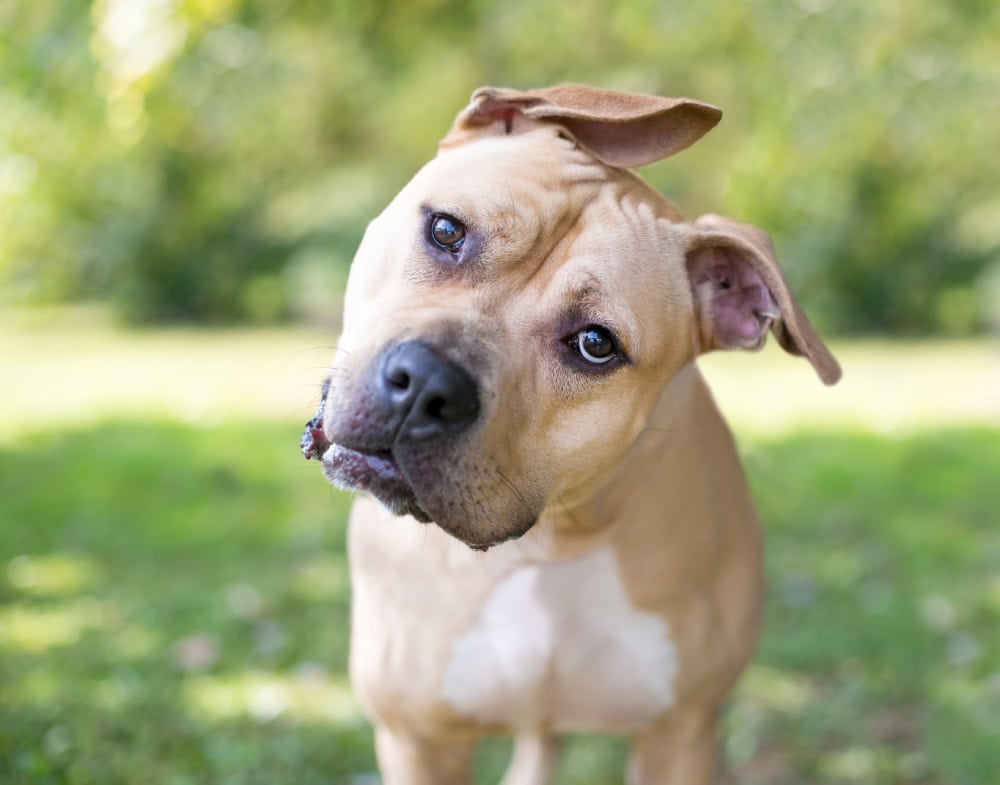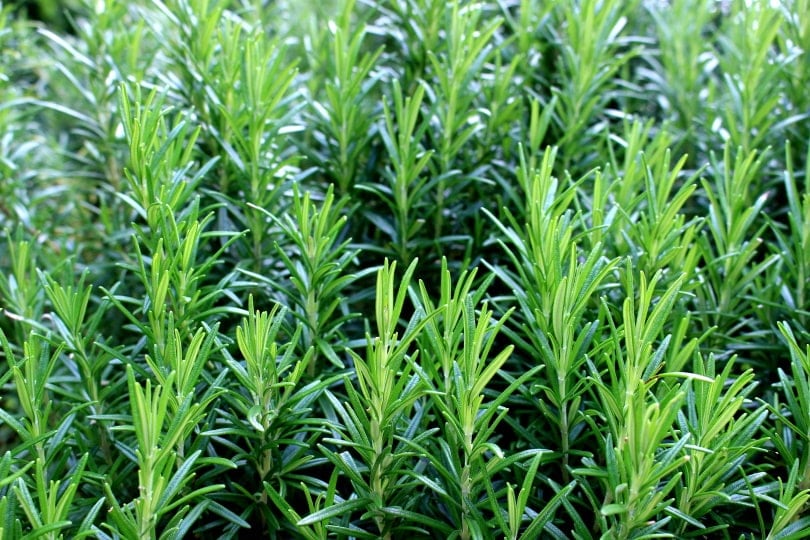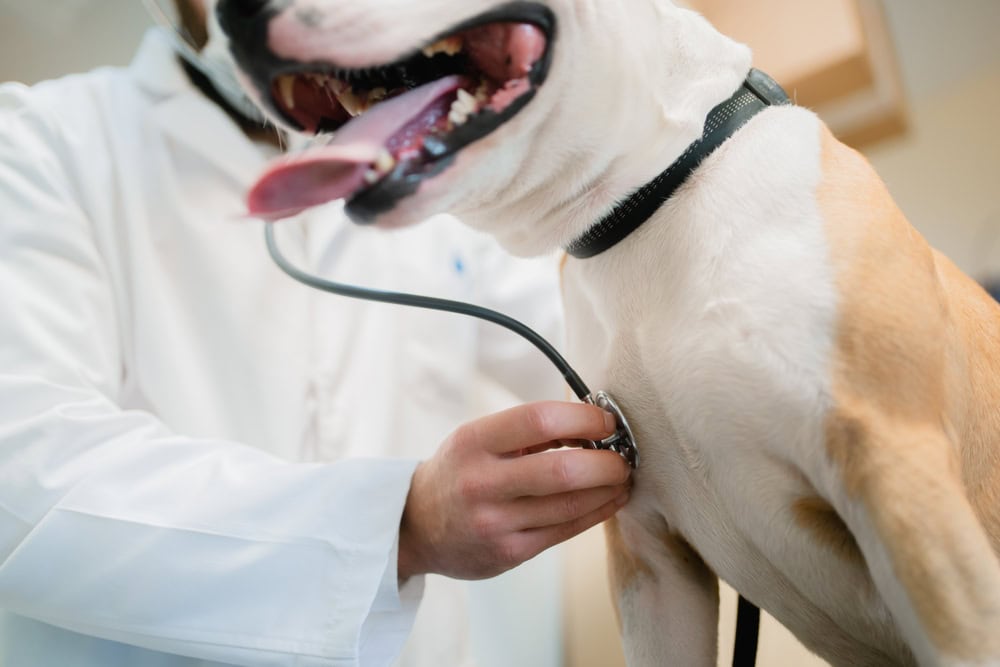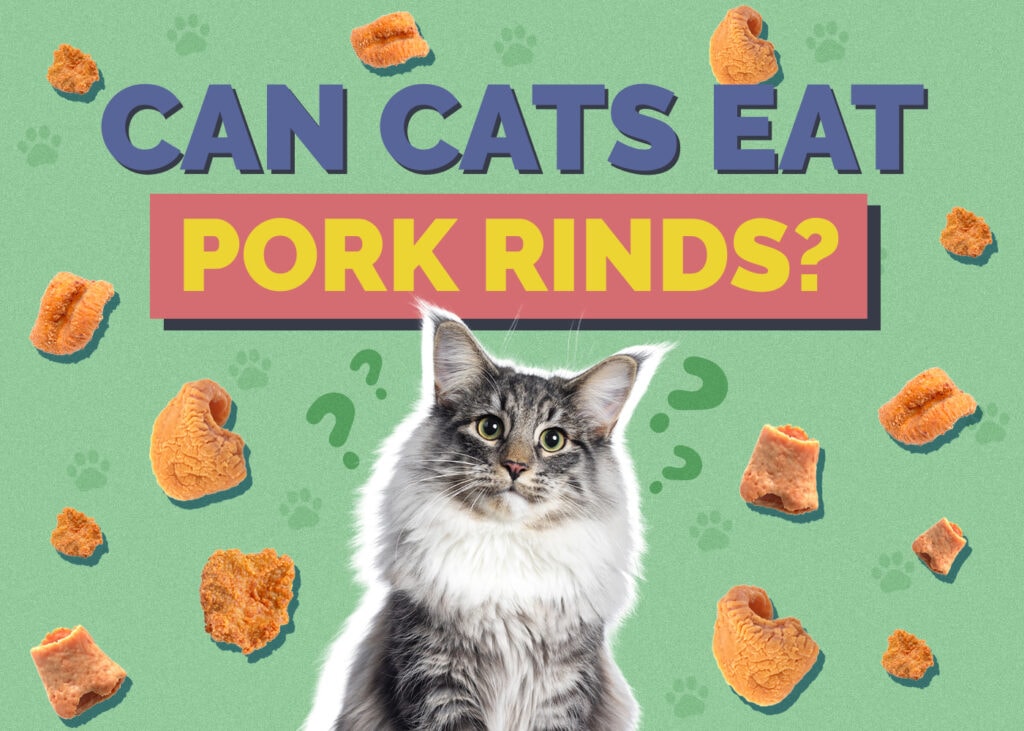
[jump-links title=”Click to Skip Ahead”]
Pork Rinds for Cats
Ideal Nutrition for a Cat
Toxic Foods
[/jump-links]
Pork is a delicious, versatile meat that’s used in many recipes. People consume pork in the form of pork loin, pork chops, ham, bacon, sausage, and pork rinds. With pork finding its way into so many human meals, you may be wondering, “Can cats eat pork rinds?” Pork rinds are pig skin, so yes, cats can eat pork rinds.
Feeding a cat a bit of pork occasionally is fine, but you must be careful to avoid overfeeding since pork rinds are high in fat, cholesterol, and sodium.1 Below, you’ll find out more about feeding pork rinds to your cat and what else you should avoid.

Pork Rinds for Cats
Cats are obligate carnivores, and they need animal protein to survive. Pork rinds are deep-fried or roasted pig skin and are appropriate for cats in moderation.
Pork rinds should only be fed as a treat. Because of the processing, pork rinds tend to be high in sodium, and pork is naturally high in calories, cholesterol, and saturated fat. In addition, pork rinds are an incomplete protein, which means it is low in several amino acids, including methionine, tryptophan, and histidine.
As a result, pork rinds aren’t a significant source of any nutrients for a cat, which is why they should be given as a small, occasional treat. Your cat will get protein from pork rinds, but there are more nutritious and appropriate sources.
It’s also important to feed only plain pork rinds; avoid pork rinds with any flavoring, which may contain ingredients that can be toxic to your cat or cause digestive upset.
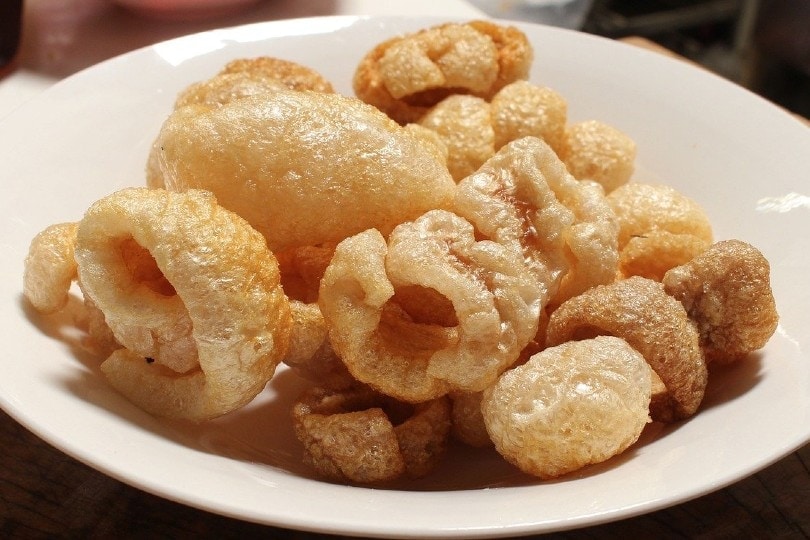
Ideal Nutrition for a Cat
As obligate carnivores, cats need a variety of nutrients only found in animal products. Wild cats are natural hunters and evolved to consume animals that were high in protein and moderate in fat, and this general nutrition is appropriate for your modern domestic cat.
Cats can be given commercial cat food that contains the ideal proportion of protein, fat, carbohydrates, vitamins, and minerals, according to the Association of American Feed Control Officials (AAFCO).
[su_box title=”The available commercial cat foods include:” box_color=”#98BFB4″ radius=”0″][su_list icon=”icon: paw” icon_color=”#98BFB4″]
- Dry food: It has less than 10 percent water and comes in a kibble form with small, bite-sized pieces. The formula is typically a combination of meat or poultry, animal by-products, grain or grain by-products, fish, fiber, milk products, vitamins, and minerals.
- Semi-moist food: It contains between 14% and 59% percent moisture and uses animal meat or animal by-products, grain meal or by-products, preservatives, vitamins, and minerals. Semi-moist food is usually formulated as treats.
- Canned wet food: It has more than 60% moisture and helps cats stay hydrated. Canned wet food is highly palatable and contains meats, meat by-products, grains, vitamins, and minerals. Keep in mind that canned wet food isn’t always complete and balanced nutrition, so it’s important to check the labels.
[/su_list][/su_box]
Treats are good for bonding and training your cat, but they’re not a sound source of nutrition. As the name suggests, treats should be given occasionally to prevent weight gain or nutritional imbalance.
Though cats enjoy human food, you must be careful with what you feed your cat. Unseasoned cooked meat that’s steamed or boiled is okay in small amounts.
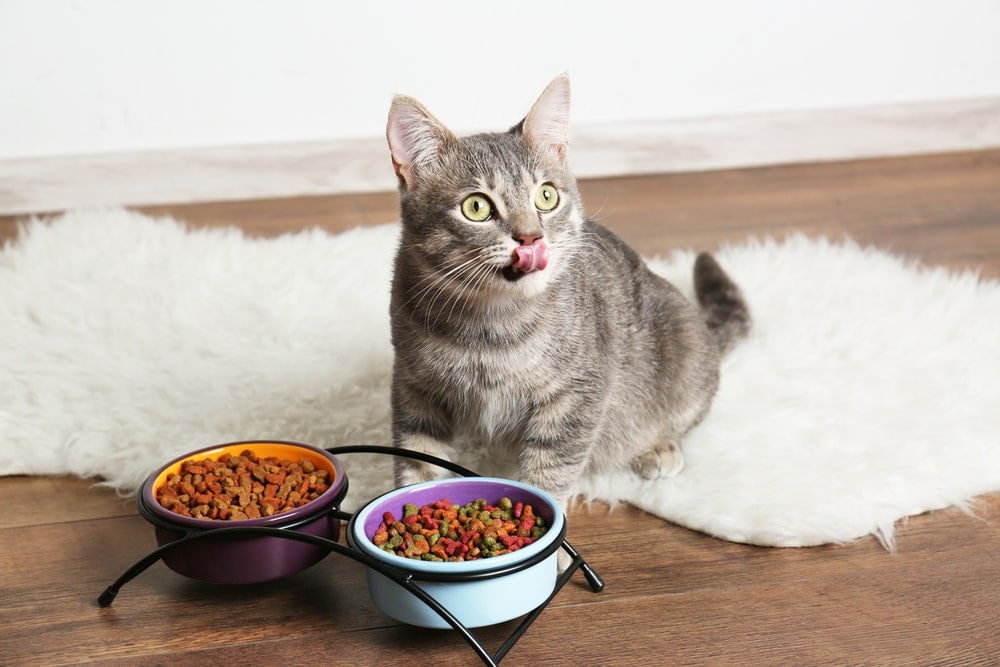
Toxic Foods for Cats
Human food should be given to your cat minimally (if at all). Some foods are delightful for humans but toxic for cats. If you’re in doubt about a food, don’t serve it, and choose a commercial cat treat.
[su_box title=”Here are some foods that are toxic or unhealthy for cats:” box_color=”#BC4B52″ radius=”0″][su_list icon=” icon: ban” icon_color=”#BC4B52″]
- Onions and garlic, including shallots, scallions, leeks, chives, and other vegetables in the same family damage the red blood cells and can cause anemia.
- Raw animal products, including meat, bones, and eggs can cause digestive upset or disease, and bones are a choking hazard.
- Milk and dairy products are unsuitable since cats may struggle to digest lactose, leading to digestive upset.
- Grapes and raisins are highly toxic to cats and can cause kidney failure, even in small amounts.
- Chocolate and caffeine contain methylxanthines that can lead to vomiting, diarrhea, high body temperature, heart arrhythmia, and seizures in cats.
[/su_list][/su_box]

Conclusion
Cats are curious creatures that may want to sample every human food you enjoy, but that’s not the best choice for their health. While you can give your cat the occasional pork rind as a treat, avoid overfeeding and choose commercial cat treats instead. For their regular diet, your cat will thrive on high-quality cat food. If you’re unsure which brand to select, speak to your veterinarian.
[su_accordion class=””] [su_spoiler title=”Sources” open=”no” style=”default” icon=”plus” anchor=”” anchor_in_url=”no” class=””]
- https://www.aspca.org/news/why-cant-my-cat-be-vegan#:~:text=Well%2C%20cats%20are%20obligate%20carnivores,to%20eat%20meat%20to%20survive.&text=Feeding%20a%20cat%20a%20plant,will%20not%20thrive%20on%20it.
- https://www.healthline.com/nutrition/are-pork-rinds-healthy
- https://en.wikipedia.org/wiki/Pork_rind#:~:text=Pork%20rinds%20are%20considered%20an,methionine%2C%20tryptophan%2C%20and%20histidine.
- https://pets.webmd.com/cats/ss/slideshow-foods-your-cat-should-never-eat
- https://www.hillspet.com/cat-care/nutrition-feeding/toxic-foods-for-cats
- https://frontiervet.com/onion-garlic-poisoning/#:~:text=Garlic%20and%20onions%2C%20as%20well,to%20both%20dogs%20and%20cats.
[/su_spoiler] [/su_accordion]
Featured Image By: noktao, Pixabay








